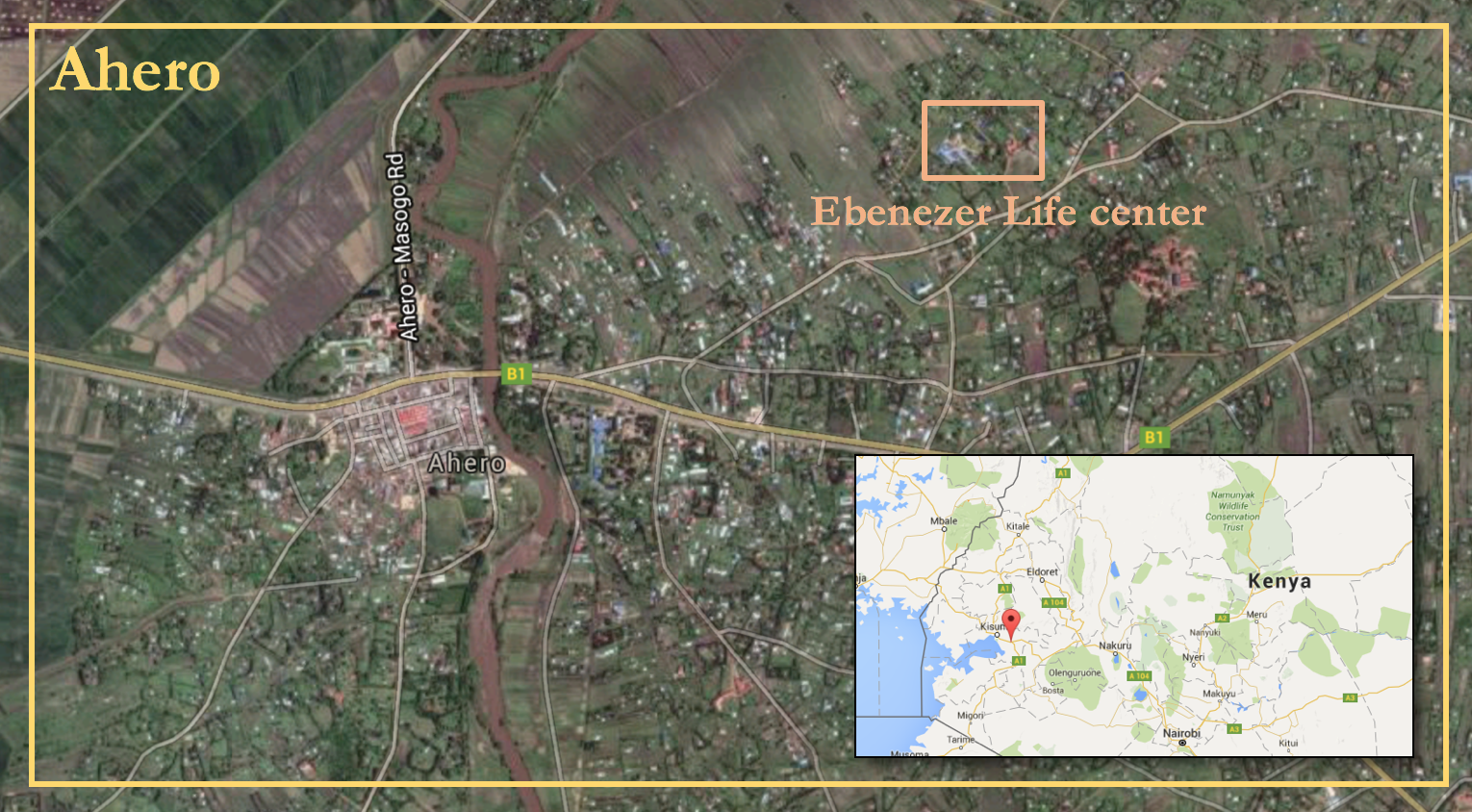Dear family and friends,
By this blog you’ll be able to follow my progression on the waste management project I’ll be conducting in Ahero, Kenya.
First a short introduction to the project:
Waste generation is expected to increase significantly as a result of industrialization, urbanization and modernization of agriculture in Africa. Changing lifestyles and consumption patterns of the growing urban middle class, in particular, is increasing the complexity and composition of waste streams. This will further aggravate current capacity constraints in waste management. Waste management infrastructure is largely non-existent in rural areas in Africa. Improvements in these infrastructures are urgently needed to combat the high cost of health services and thereby alleviate poverty and reduce rural-urban migration.
A few months ago, the Ebenezer Life Centre asked Humasol in if they could help develop a solution for the increasing waste problem in Ahero. Normally Humasol focusses on the design and implementation of renewable energy projects but for the first time waste management is added to their project portfolio.
The Ebenezer Life center is a Christian faith-based non-profit organization founded by Winnie Owiti. They rescue and support orphans, abandoned children, homeless vulnerable teens from the streets and less fortunate widows. The Center provides shelter, food, clothing, education, healthcare, and vocational training through the different outreaches under its umbrella affecting more than 1000 children.
For more information: www.kitanda.be & www.ebenezerlifecenter.org
The aim of our project is the reduction of waste littering the environment, to improve sustainable development and creating employment for the community.
The project will focus on two major areas (see Figure 1 ):
- Ebenezer Life Centre
- Ahero Town (10 000 – 15 000 inhabitants)

Ebenezer Life Centre
The younger population represent the next generation in the society and the further development of Kenya. Therefore, they should be inspired with ideas which they can not find today. The urgency for the next generation is to tell them about the incredible things that are possible when looking how nature works self-sufficient.
If we teach our children only what we know, they can never do better than we do
Ahero Town
Study where we could optimize the current poorly managed waste system. There are three major reasons for the insufficient solid waste management:
- Lack of recourses: funds, equipment, tools & skilled manpower
- Lack of political will: Solid waste management is mostly not a priority
- Lack of public awareness; people do not understand the dangers of solid waste mismanagement
By mapping the waste streams in the region, we could have a clearer overview on how they could be seen as opportunities (recourses) instead of threads (dumping and burning). Those waste streams can be recycled or used in another context. This will create added value for the region and lead to benefits in all aspects of the triple bottom line (Social, Economical and Environmental).
